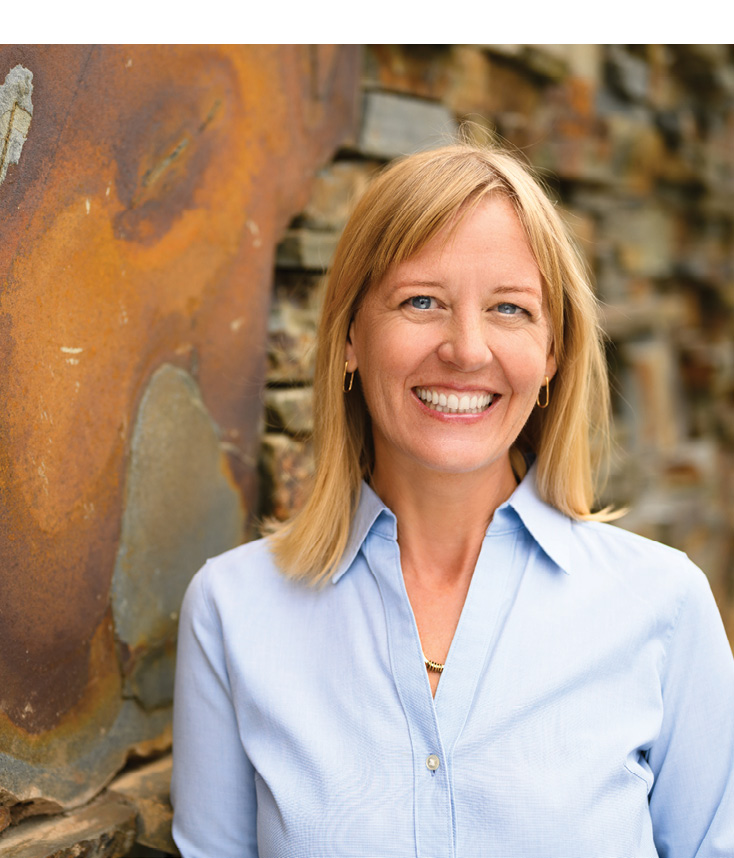
"But Nelson and her team encountered many other people they couldn't assist because of a lack of resources. "One of the things I struggled with for a very long time was although we were providing really great help to the community, we had to turn people away," says Nelson, who was executive director for 13 of her 25 years with Alaska Legal Services Corp. "It was one person for every one that we accepted.""
"In traveling throughout Alaska, often by small plane, Nelson realized there were more than 200 remote villages and communities that weren't connected to the state's road system. The residents of these mostly Indigenous communities didn't have access to legal services. They did, however, have health care facilities. "We noticed at that point that the tribally operated health care system had an outpost in every single community," says Nelson, who worked with tribal health providers and the Alaska Native Tribal Health Consortium to create a network of medical-legal partnerships in 2017."
Nikole Nelson led Alaska Legal Services Corp. efforts to provide free civil legal aid across about a dozen communities and repeatedly faced resource limits that forced turning people away. Travel revealed more than 200 remote, mostly Indigenous villages off the state's road system lacking legal services but served by tribally operated health outposts. Nelson partnered with tribal health providers and the Alaska Native Tribal Health Consortium to create medical-legal partnerships in 2017, embedding attorneys and advocates within health facilities to address legal problems affecting health. The Partnering for Native Health program earned global recognition and serves as a model for expanding legal aid nationally.
Read at ABA Journal
Unable to calculate read time
Collection
[
|
...
]